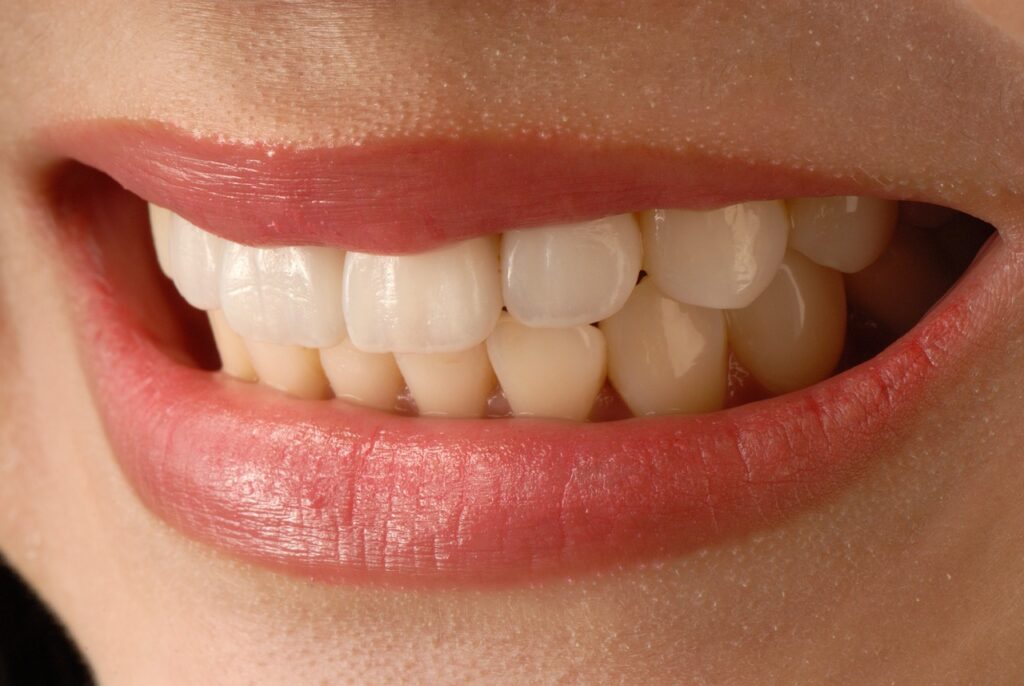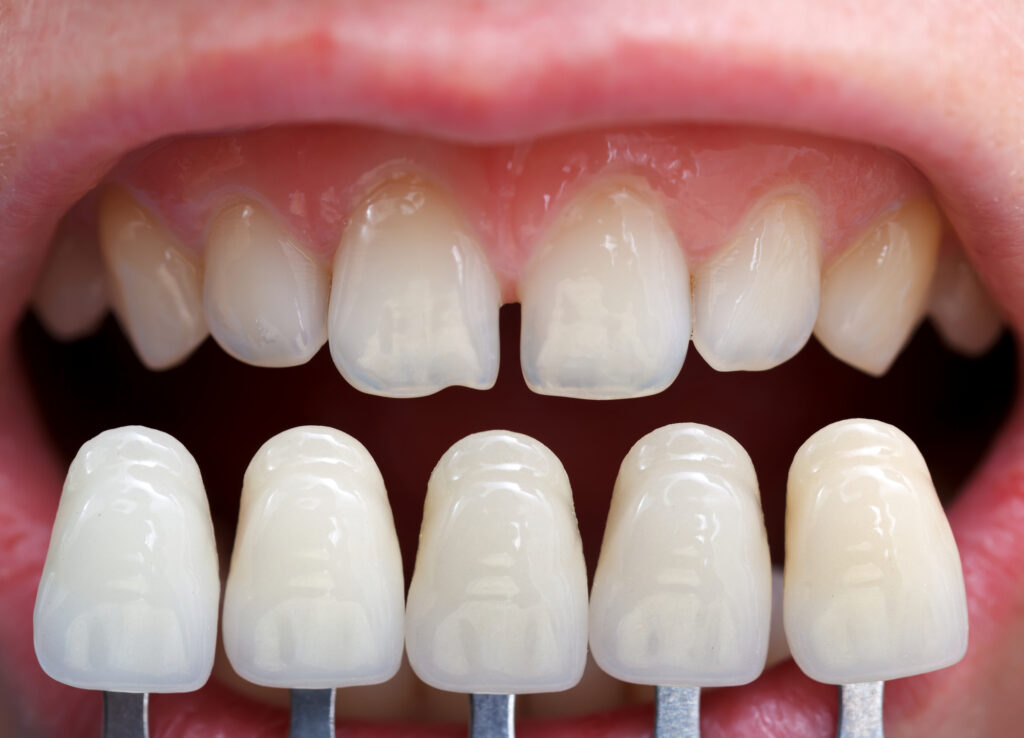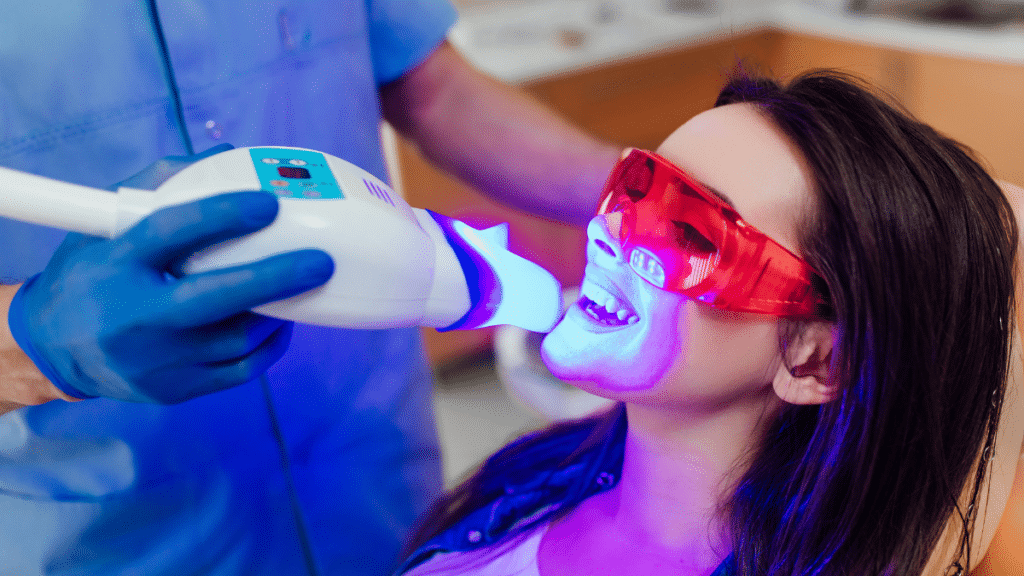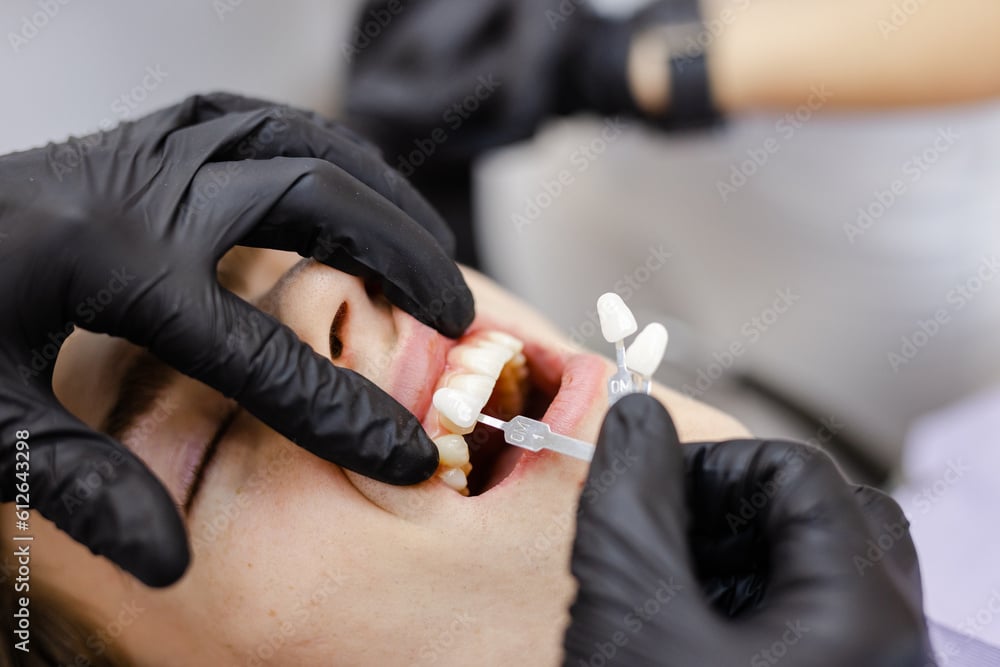Dental implants are a popular restorative treatment option that helps patients with missing teeth. They consist of a titanium post that is implanted into the jaw bone and then attached to a crown that mimics the appearance of a natural tooth.
Braces are a different type of treatment that straightens crooked teeth. Both treatments can be used to correct a wide variety of dental issues, including gaps, overcrowding, and bite problems.
They look and feel like natural teeth
Dental implants are artificial teeth that look and feel like natural ones. They are also anchored to the jawbone more firmly than dentures are. This helps to prevent them from moving around while you eat or talk. They also don’t place excess strain on surrounding teeth, which could cause them to crack or break.
In general, dental implants are a good choice for people with missing teeth. However, they are not suitable for everyone. They are most effective for patients who have healthy gums and enough bone to support an implant. Heavy smokers or those with uncontrolled health conditions may need to undergo additional procedures to ensure that they are a candidate for an implant.
The best way to determine whether you are a good candidate for an implant is to schedule a consultation with your dentist or oral surgeon. The process will involve a comprehensive exam and X-rays. During the consultation, your dentist will discuss your needs and determine which type of implant is the best option for you.
They are a permanent solution
Dental implants are a permanent solution for missing teeth. Unlike dentures, they can be anchored to the bone for stability and comfort. They also allow people to chew food normally and can improve self-esteem.
Dental implant treatments are available from general dentists, oral surgeons, and specialists. During your consultation, your dentist will discuss your options and refer you to the right specialist for your situation. They will also review your health history to ensure that you are healthy enough for the treatment. Patients with chronic illnesses, such as diabetes or leukemia, may not be able to heal from surgery quickly.
The healing process for dental implants takes time and requires patience. It is essential to follow your dental professional’s instructions for post-op care, including avoiding chewy or sticky foods and smoking. If you don’t follow these instructions, you could damage the implant or cause infection. You may need to wait for the implant to heal before you get braces.
They are more affordable than braces
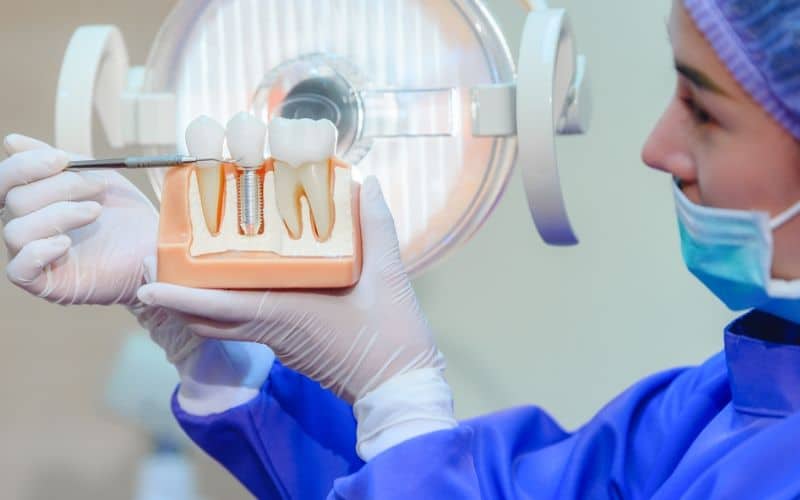
The cost of dental implants may seem intimidating at first, but they are more affordable than you think. The costs of dental implant treatment are often split into monthly payments, which makes them easier to afford. Additionally, dental insurance often covers the cost of a portion of the procedure.
You may also be able to use flexible spending accounts (FSAs), health reimbursement accounts (HRAs) or health savings account money to cover the cost of an implant. These funds are tax-free, which makes them even more affordable.
Dental implants are more expensive than braces, but they offer a long-term solution that is better for your health. They also look more natural than dentures and allow you to eat a wide variety of healthy foods, such as raw vegetables, fruits, corn on the cob and steak. This is important because a diet rich in nutrients leads to overall good health. Also, implant-supported teeth are more comfortable than traditional dentures.
They are easier to clean
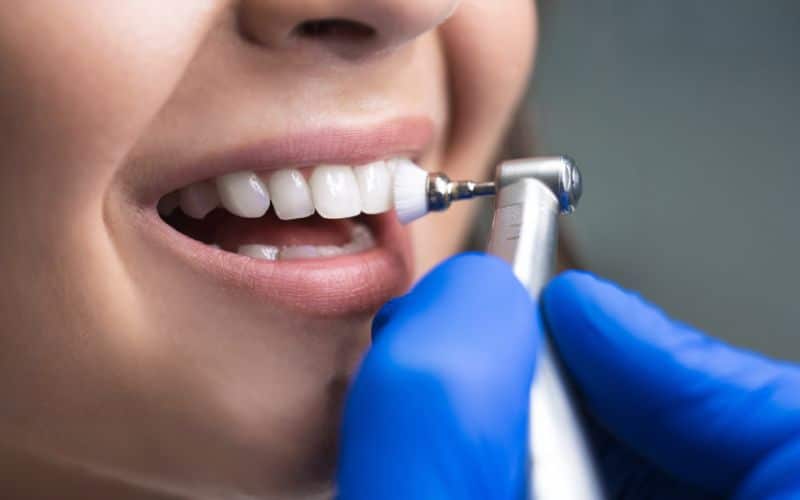
Dental implants are a great option for replacing damaged or missing teeth. They are the most natural way to replace teeth and can be used to replace a single tooth, multiple teeth, or an entire set of teeth. Dental implants are a permanent solution that looks and feels like your natural teeth. They are also easier to clean than traditional dentures and bridges.
However, it is important to understand that implants are not indestructible and can suffer from the same problems as natural teeth. These include infection and loss of bone tissue around the implant. It is possible to prevent these issues by taking proper care of your dental implants.
To keep your implants healthy and looking their best, brush them twice a day using a soft-bristled toothbrush and fluoride toothpaste. You can use an electric toothbrush to remove plaque and bacteria more effectively. Consider using an inter-dental brush to reach hard-to-reach areas. In addition, floss and attend regular visits to your dentist and hygienist.


